
What one finds here is a wonderful group of people from many walks of life, gathered together in friendship and comradery, to learn together, pray together, eat together, and rediscover what it is to be an heir of the great Christian civilisation that the modern West is now dedicated to repudiating.
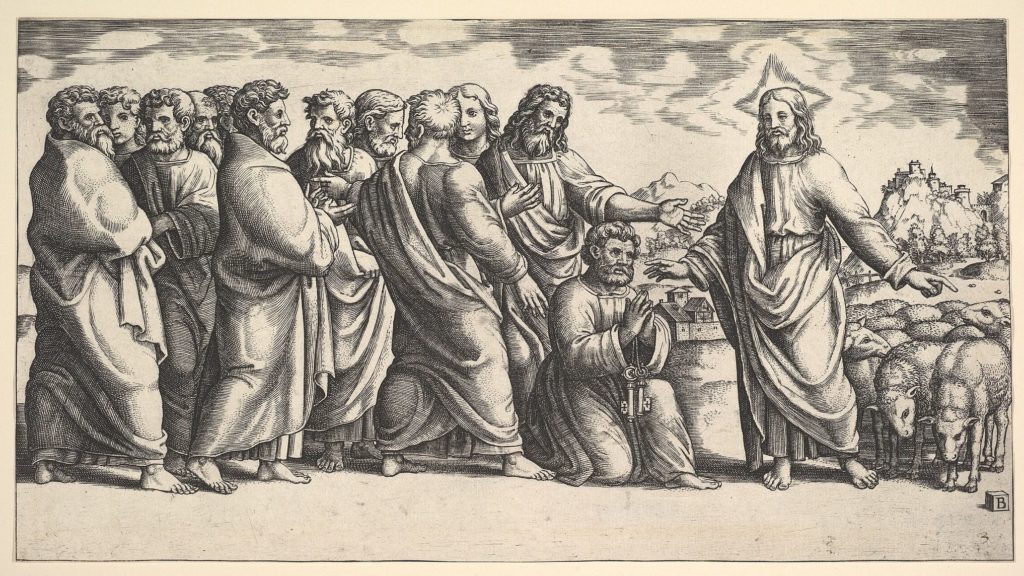
If the Church as we know it is to survive, it must change course immediately. I have no doubt that in any future attempt to salvage what is left of it, Kwasniewski’s analyses will be invaluable.
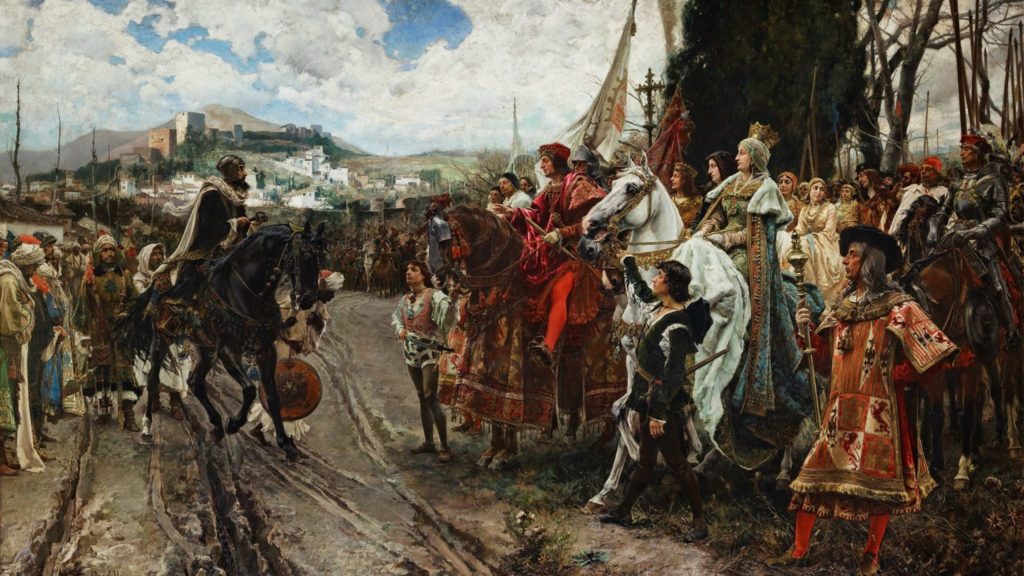
Remember, you are not trying to establish an environment of tolerance and mutual-understanding. Like Isabella and Ferdinand, you are trying to recover the territory. Treat the new Left like people who hate you, because they do.
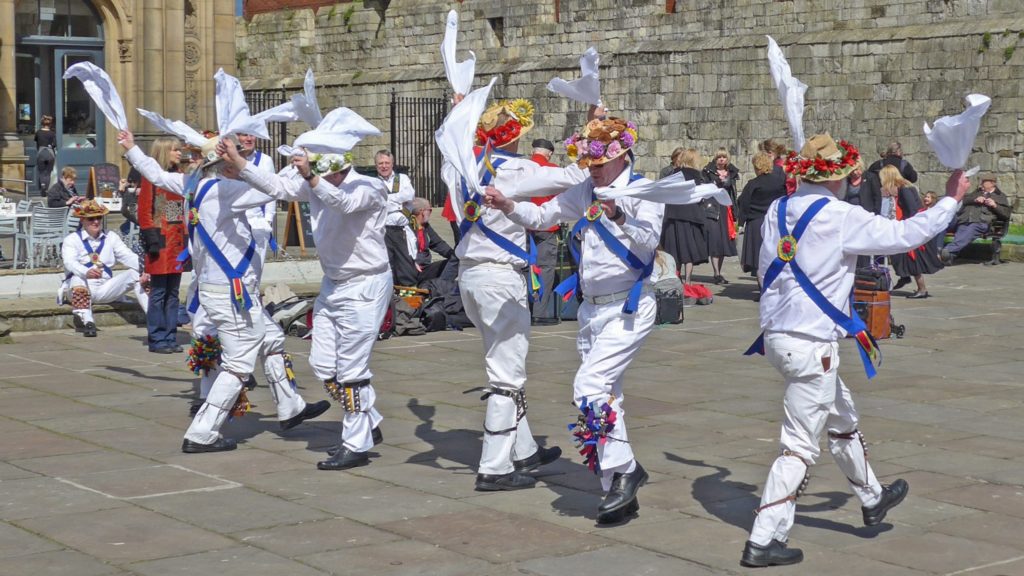
One of the terrible features of modernity is that we measure everything by the criteria of productivity and success. But we were not made to be productive, nor to be successful, at least not as our world understands such terms. We were made to flourish.

Restoring our proper relationship with the natural world, it must be asserted, does not entail a retreat from nature, but a renewed immersion in its mystery and a humble submission to its laws.

Conservatives on both sides of the Atlantic should draw enormous encouragement from this decision, with the take-home lesson being that history need not be just a sequence of victories by the increasingly noxious Left.

Mushrooms are teachers, and we ought to learn from them.

How is it, we may ask ourselves, sexuality is widely deemed something fluid, unless its fluidity runs towards heterosexuality, and then all of a sudden sexuality becomes a binary phenomenon that cannot undergo any change?

As I knelt to pray my rosary before the Blessed Sacrament, I was struck by the astonishing confidence required to build Sacré-Cœur. In 1789, France, the Church’s eldest daughter, declared herself no longer a disciple of Jesus Christ but an apostate.
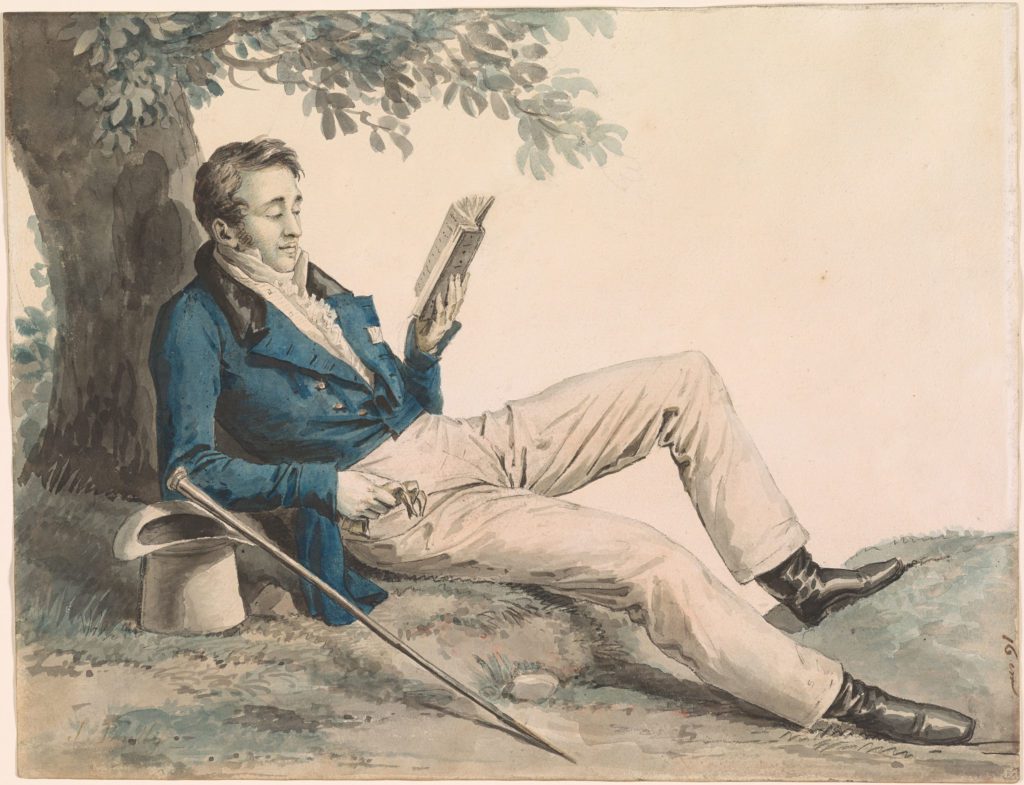
The life of the mind is fundamentally dangerous when divorced from the world. Indeed, intellectuals have a moral duty to seek out ways of encountering reality—the thing out there—if they are to avoid becoming a tremendous nuisance to others, a trait so common among their kind.

I have dedicated much of my life to studying the great philosophers and scholars of our civilisation, but from none have I learned as much about true human flourishing as I have from the peasant girl of Nettuno.
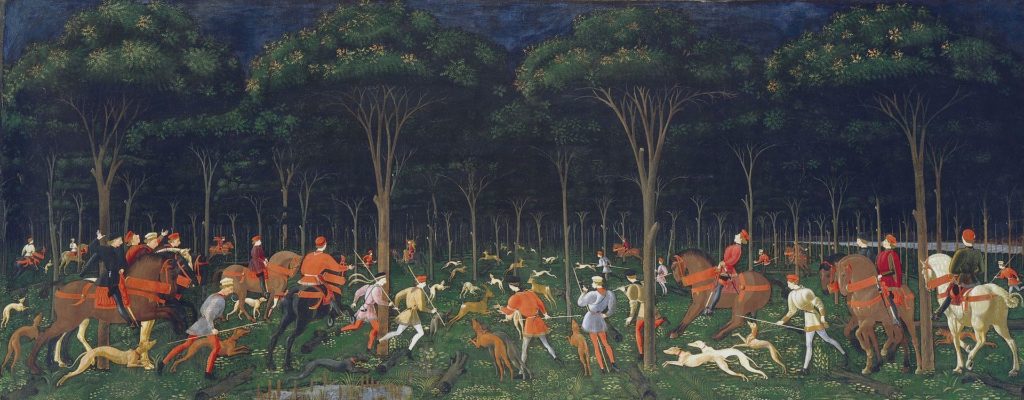
As the Season has drawn to a close, I have been reflecting on the meaning of hunting. Some hunts this Season have transported me into a timeless experience into which, no doubt, many hunting people have been taken.